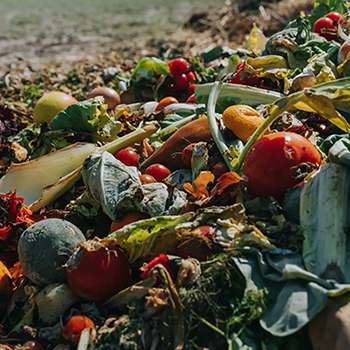Food Rescue program
 Research by the Food Law and Policy Clinic at Harvard Law School has shown that if we reduce food waste by one third, we could feed the entire food-insecure population in the United States. Food rescue involves identifying and recovering food that would otherwise go to waste and redirecting it to organizations and individuals who need it. A food hub can play an important role by serving as a central location for collecting, storing, and distributing rescued food to people experiencing food insecurity.
Research by the Food Law and Policy Clinic at Harvard Law School has shown that if we reduce food waste by one third, we could feed the entire food-insecure population in the United States. Food rescue involves identifying and recovering food that would otherwise go to waste and redirecting it to organizations and individuals who need it. A food hub can play an important role by serving as a central location for collecting, storing, and distributing rescued food to people experiencing food insecurity. Village Food Hub partners with local farmers, restaurants, grocery stores, schools, food distributors and other organizations to collect excess food which would otherwise go to waste. We process and store it safely, then redistribute it to food pantries, meal centers, and other programs that serve communities facing food insecurity such as unhoused individuals, low-income families, seniors, and others. In this way, we serve the needs of food industry donors and recipients alike.
Village Food Hub works with local organizations to ensure that the rescued food is distributed effectively and equitably by identifying areas or populations that are underserved by existing feeding programs, and providing these programs with access to additional food sources. It can also develop new targeted initiatives to address specific food access needs such as home delivery programs for seniors or after-school meal programs for children.
Village Food Hub works to ensure that our community has access to healthy and nutritious food, while also reducing waste, and promoting environmental sustainability. We are proud to provide a community-based, practical solution to meet these needs.




